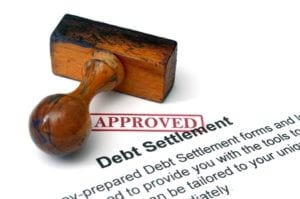Exception to Discharge in Bankruptcy for Intentional Torts
Bankruptcy Code Section 523(a)(6) prevents a debtor from obtaining the discharge of any debt for “willful and malicious injury by the debtor to another entity or to the property of another entity”. There are two prominent interpretations as to how this provision is to be construed. The Ninth Circuit interpretation is that the debtor’s actions “must be accompanied by some form of tortious conduct which gives rise to the willful and malicious injury.” The Fifth Circuit maintains that tortious conduct is not required and that Read More +



